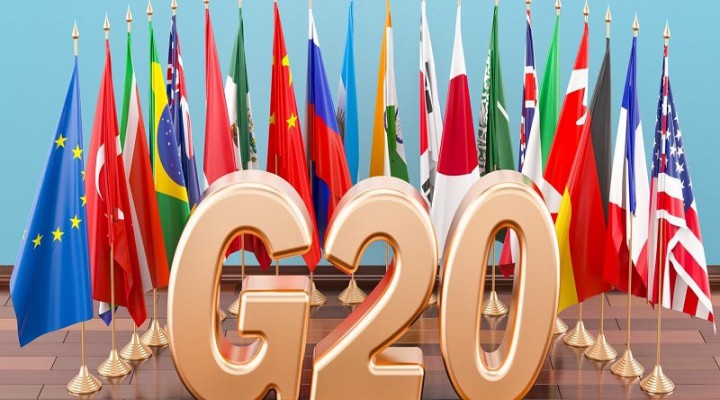Analyzing India’s Decision To Host G20 Events In Arunachal Pradesh, Jammu & Kashmir, And Ladakh

India wants to show the group of countries representing the overwhelming majority of the global economy and population that there shouldn’t be any question of its sovereignty over those three regions.
China and Pakistan are none too pleased with India’s decision to host G20 events in Arunachal Pradesh, Jammu & Kashmir, and Ladakh, with Beijing having reportedly skipped the latest such one in the first’s capital of Itanagar late last month. Meanwhile, Islamabad, just condemned its neighbor for planning to hold similar events next month in Srinagar and Leh, which are those last two union territories’ capitals correspondingly. These developments prompt an analysis of India’s political calculations.
China claims Arunachal Pradesh as South Tibet despite having only briefly controlled it during the short 1962 war with India, while Pakistan claims the entirety of the last two regions per its stance towards the Kashmir Conflict despite not having ever controlled them since independence. As for India, it claims the entirety of Pakistani-controlled Kashmir per its respective stance to that selfsame conflict, and also without having ever controlled those territories since independence either.
The legitimacy of each party’s claims won’t be addressed in this analysis since the focus lies in the on-the-ground political reality represented by India’s decades-long writ over Arunachal Pradesh, Jammu & Kashmir, and Ladakh, which forms the bedrock of its decision to host G20 events there. Delhi wants to show the group of countries representing the overwhelming majority of the global economy and population that there shouldn’t be any question of its sovereignty over those three.
This is an historic opportunity for India to makes its case on these sensitive issues, which most of the G20 except perhaps China for obvious reasons and possibly also Pakistan’s Saudi and Turkish partners will likely agree with. This South Asian Great Power is simply too important of a global player nowadays for most of the G20 to risk offending by boycotting its planned events in those three regions, except perhaps China as was explained and possibly Saudi Arabia and Turkiye out of solidarity with Pakistan.
Since Beijing already reportedly skipped the event in Arunachal Pradesh, it might also do the same for the upcoming ones in Jammu & Kashmir and Ladakh, but it’ll probably still participate in the G20 Leaders’ Summit unless there’s a major deterioration in bilateral ties before then. As for Saudi Arabia and Turkiye, the first has expanded ties under the leadership of Crown Prince Mohammed Bin Salman, while India’s top diplomat recently revealed that he talked to Lavrov on his Turkish counterpart’s behalf.
Considering these factors, India likely felt that it didn’t have anything to lose by taking advantage of its G20 chairmanship to host events in those three regions that have been under its control for decades but to which China and Pakistan still lay claim. To the contrary, it has everything to gain since it can show influential figures from the group representing the overwhelming majority of the global economy and population that there’s no reason for them to extend any credence to those two’s claims.
From there, India can much more effectively defend its interests in the court of public opinion should either of its neighbors do anything that questions its writ there such as moving forces beyond the frontier or waging unconventional warfare like China and Pakistan have been accused of respectively. This insight reveals that Delhi’s plans to host G20 events in those three regions was a political masterstroke that could ultimately prove to be a game-changer for its soft power.
https://korybko.substack.com/p/analyzing-indias-decision-to-host
 TheAltWorld
TheAltWorld 
0 thoughts on “Analyzing India’s Decision To Host G20 Events In Arunachal Pradesh, Jammu & Kashmir, And Ladakh”